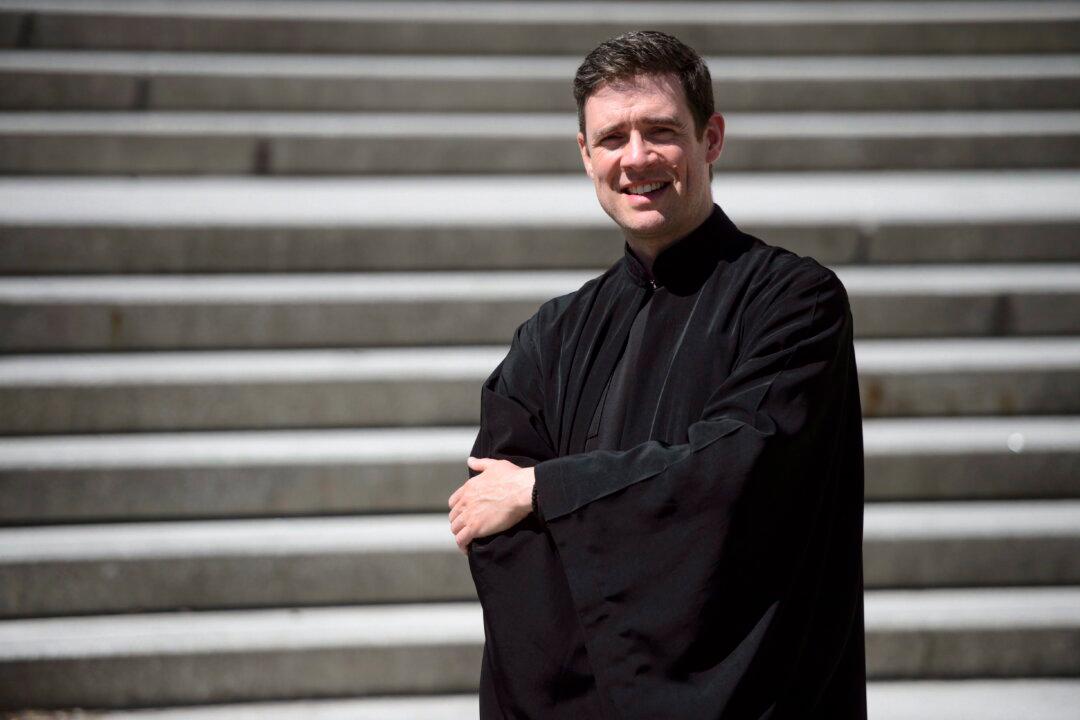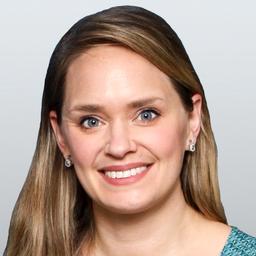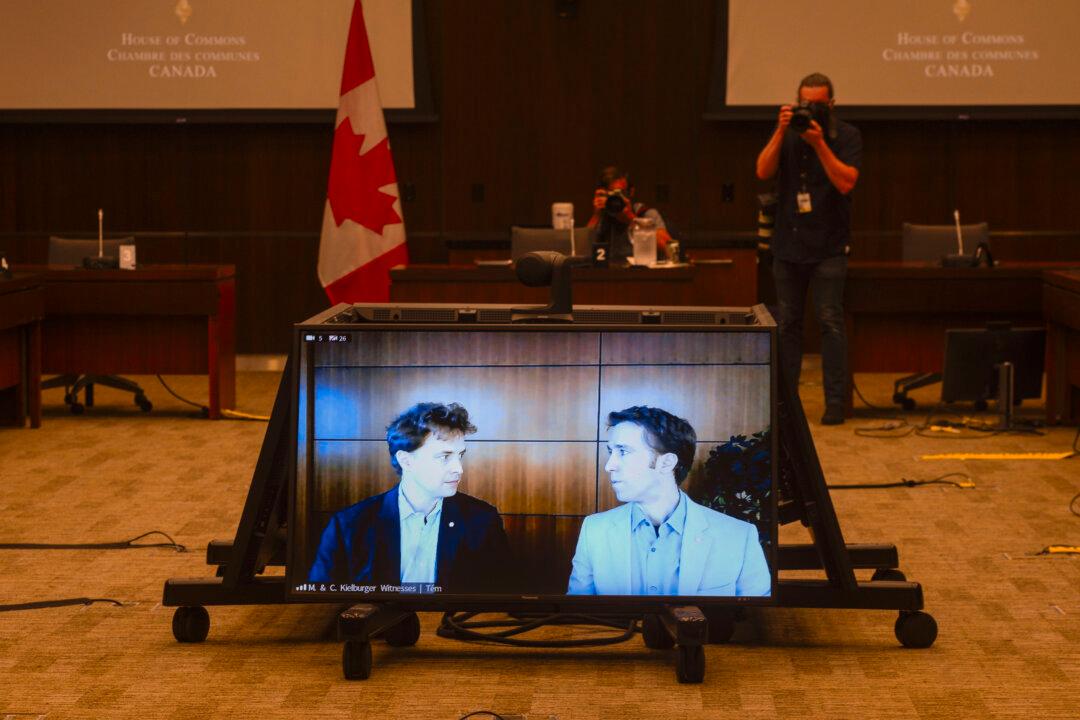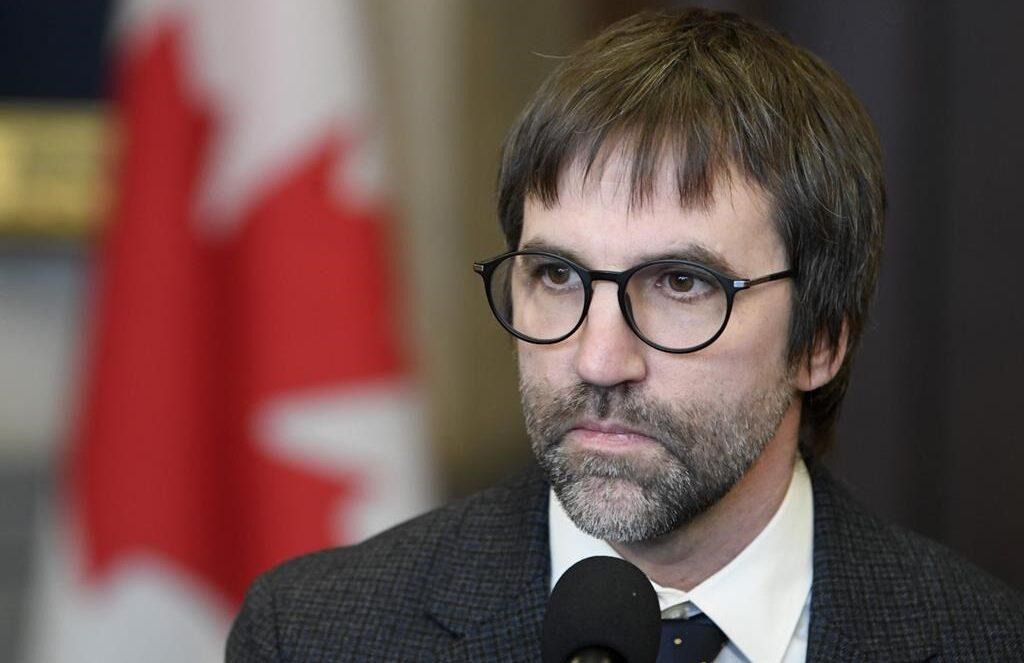As Canada’s first and only religious freedom ambassador, Andrew Bennett spoke out for the persecuted faithful in China and Iran as well as other countries notorious for suppressing freedom of belief.
Fortunately, Canadians are not subjected to religious persecution, but Bennett nevertheless warns that there’s been a gradual erosion of religious freedom in Canada that he finds concerning.





